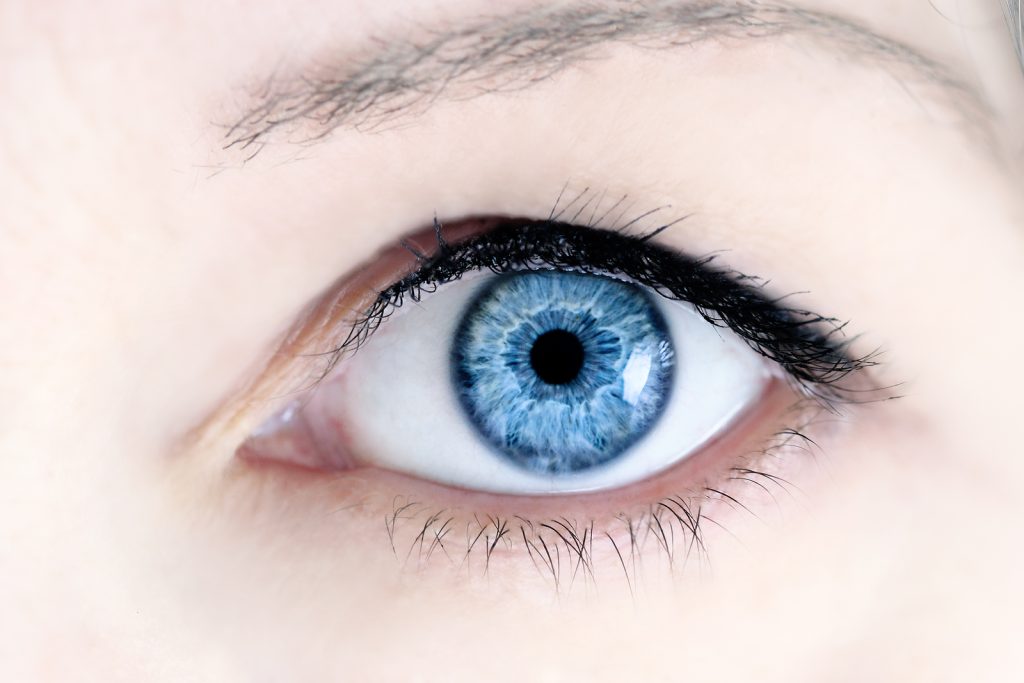
Your eyes play a critical role in almost everything you do. From driving to reading, you use your eyes all day long and in almost every activity. Maintaining eye health can help you maintain good quality of life. Fortunately, there are many things you can do to keep your eyes healthy. Small changes to lifestyle, diet and environment may reduce your risk for a range of conditions.
There are many foods that you can eat throughout the week to help your eyes stay healthy. In particular, look for foods rich in nutrients like lutein, vitamin E and C, zinc and omega-3 fatty acids. These nutrients can help protect your eyes from conditions like cataracts and macular degeneration. Foods like spinach, eggs, nuts, oranges, sweet potatoes, tuna, salmon, kale, beans, collards and oily fish are all good sources of these nutrients.
Spinach salads and lean meats like fish can also help you maintain a healthy weight, which in turn decreases your risk of type 2 diabetes. This condition can cause diabetic retinopathy, one of the leading causes of blindness in adults.
Exercise regularly. Not only will this help you maintain a healthy weight, but exercise like brisk walking may also reduce pressure inside the eye. This helps people with glaucoma to manage their condition. For people who don’t have glaucoma, regular exercise may even reduce the risk of developing the condition altogether.
Regular exposure to dry air is bad for the eyes and can lead to itchiness, redness and irritation. Aim car vents away from your eyes and into the interior around you. If you suffer from dry eyes during the winter, use a humidifier in your home to create a healthy environment for your eyes.
Smoking increases your risk for a range of conditions including cataracts and macular degeneration. If you smoke, talk to your doctor about ways to quit, the sooner the better.
Sunglasses are more than cosmetic. The right pair of sunglasses can protect your eyes from harmful UV rays. You should wear sunglasses that provide 99.9% UVA and UVB protection to prevent cataracts. Sunglasses also protect your eyes from the drying effects of the sun, and prevent eye strain and sun glare when driving and working outside.
You can further protect your eyes by wearing a wide-brimmed hat. Shade your eyes when spending long periods of time outdoors to stay comfortable and safe in the sun.
Staring at a computer screen for long period of time can cause eye strain and headaches. You can avoid this problem by making small adjustments to the way you use computers. Adjust the screen so that your eyes look down slightly when viewing the screen. Wear your prescription glasses or contacts when using the computer. Moisturize your eyes with eye drops, and blink regularly to produce tears. Finally, get up at regular intervals to give your eyes a break from the screen.
See the optometrist regularly, even if you have no symptoms of an eye condition. Your eye doctor can check for conditions like glaucoma and macular degeneration, which often show no symptoms when they’re first developing. Seeing your eye doctor can help you identify a serious eye condition in its early stages.
At Whylie Eye Care Centers, comprehensive eye exams are available to patients to help maintain good eye health. Each doctor of optometry also provides tips and advice, so you can keep your eyes healthy and happy. To make an appointment with an eye doctor at any of our Des Moines or Central Iowa locations, contact us today.
Website by Seth Stevenson Marketing